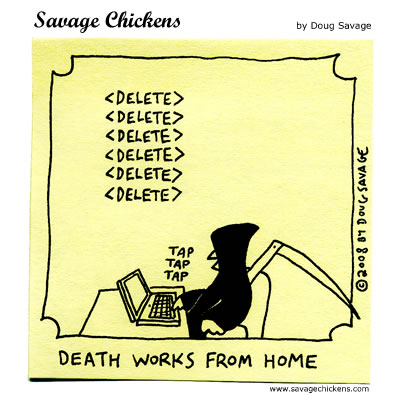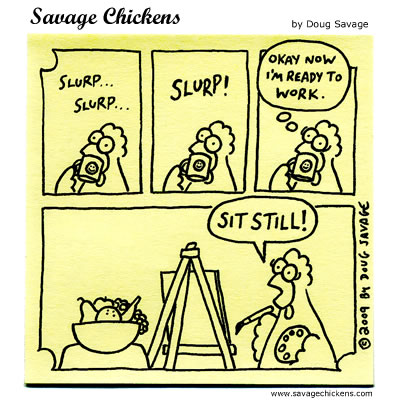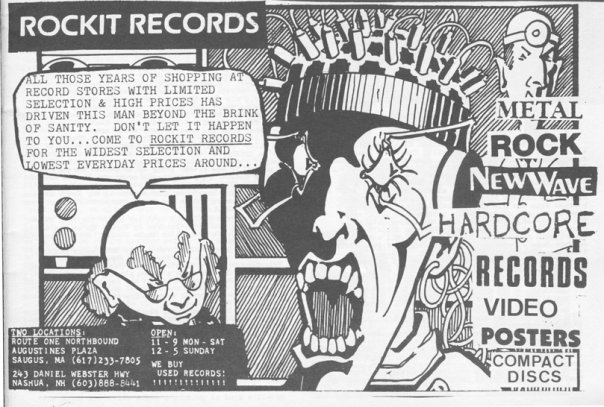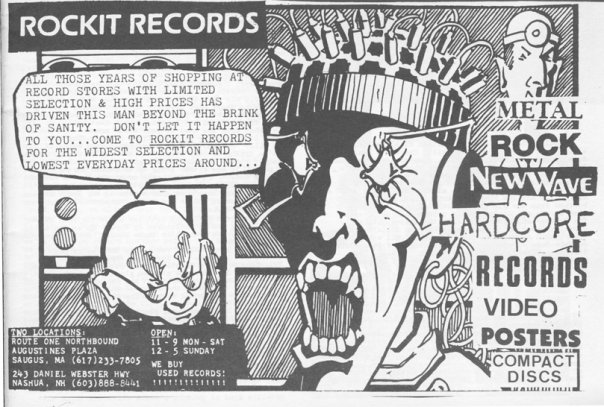The author finds an unlikely tool for OCD management in politics. Specifically, watching liberal and conservative friends fight over the subject.
This isn’t a post about the politics of having OCD and getting folks at home and work to accept it. It’s about enjoyment of the political debate as a tool for sanity.
Sound odd? Well, it is. But hear me out:
I have a lot of friends who are bleeding-heart liberals. I have just as many friends who might qualify as nut-job conservatives. The common thread between them is that they are wonderful, caring people who work hard and cherish their children’s future. Their beliefs are based on what they think is right, not on selfish impulses.
I get into heated discussions with them all the time. And it’s very, very good for me. I get to focus on issues bigger than my own petty concerns. When my political beliefs are challenged, it’s great exercise for the mind.
I’m getting a lot of this kind of exercise of late, because a heated campaign is under way to fill the seat of the late Edward Kennedy.
I live in the bluest of states, and yet the Republican candidate, Scott Brown, is surging in the polls. Chances are better than average that the Democrat, Mass. Attorney General Martha Coakley, is going to lose.
She’s run an unbelievably inept campaign and it would serve her right. In fact, I’ve been undecided on who to vote for because of her. I like Brown as a person, but think his record as a state senator is overblown. I also believe the Democrats deserve more time to make their agenda work, because the Republican agenda of the last decade didn’t work out so well. That doesn’t mean I wholeheartedly embrace the Democrat agenda. I am a pro-life Catholic, after all. But I embrace the old saying of Franklin Roosevelt that what we need is action and bold experimentation. If an idea fails admit it frankly and try another.
If the Democrats fail, I’ll try another by voting for the other guy in the next election. But I’m not there yet.
On the other hand, Coakley offends my Catholic sensibilities, and that includes her handling of the priest sexual abuse crisis. As a district attorney for Middlesex County, she didn’t go nearly far enough in going after the abuse.
Who will I vote for? I’m not saying, because I don’t have to. And I can still change my mind between now and tomorrow’s election.
I consider myself a centrist. I believe the checks and balances built into the U.S. Constitution were meant to keep our policies and laws on the middle road instead of the extremes to the left and right.
I like my leaders to be pragmatic and act on reason — not ideological fever.
I vote for Democrats and Republicans, based on who I see as the strongest leader for all seasons, not just the season when their political party has the House-Senate majority. I’m a history buff with a fondness for Teddy Roosevelt and Ronald Reagan as well as Franklin Roosevelt and Bill Clinton.
I have a saying: If you’re a liberal, conservatives can’t tell you anything. If you’re a conservative, liberals can’t tell you anything. If you’re a moderate, you can’t talk to either people. I think that when you delve too far to the left or the right, you’re on walking on the lunatic fringe.
So I tend to say things to get a political argument started between friends and family. Then I get out of the way and watch them go at it.
By listening to both sides, I get that mental exercise I crave.
Some of my best friends are right wingers. I love my father-in-law dearly, but find his brand of conservatism misguided. Some of my best friends are also liberal to the core and see Republican conspiracy everywhere. It’s fun to watch. My wife is far more liberal than I am at this point, though she’s one of the more sensible liberals :-).
The other thing I like to point out is that mental illness is a bipartisan thing. The pain strikes Democrats and Republicans. Faith is also bipartisan, though a lot of priests and ultra-conservatives will tell you otherwise.
So while we all have our disagreements, we are truly all in this together.









